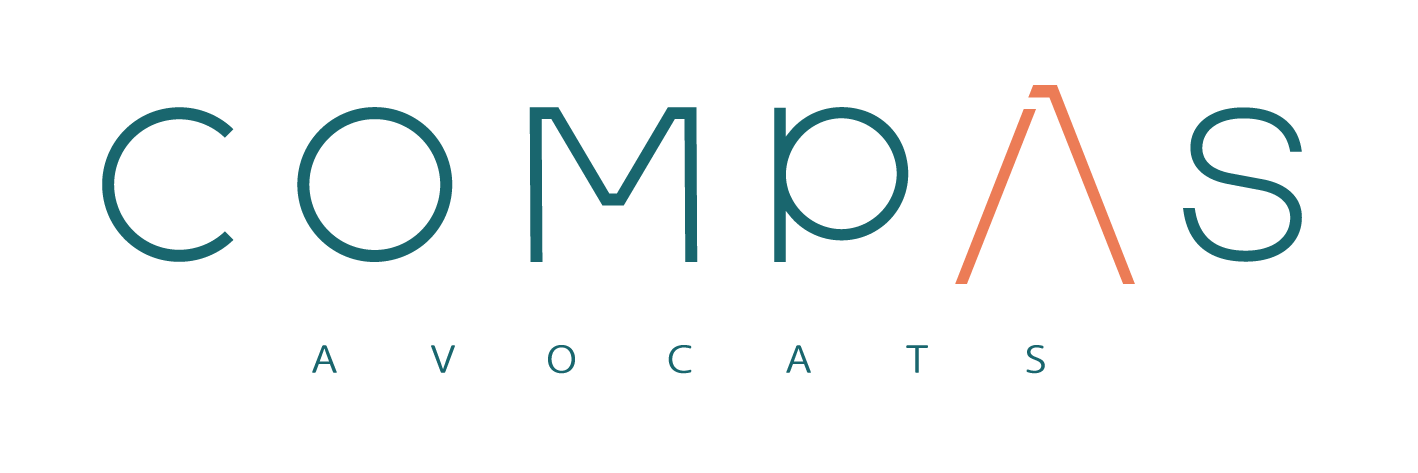The Office
Like the navigation tool it bears, Compas Avocats's mission is to guide, secure, and support its clients at every stage of their project. Our mission: to provide clear, practical, and rigorous answers, whether in consulting or litigation.
A cross-functional approach
The firm operates in private and public law on all issues related to regional planning, alongside individuals, building professionals and communities.
Real estate
Construction
Urbanism
Local authority law
Environmental law
Three lawyers, one shared vision
Our commitments
Clarté reactivity Humanity
Before your first meeting, gather all relevant documents (contracts, emails, formal notices, identity documents) and draw up a clear timeline of the events: key dates, contact persons, amounts involved. Write down your objectives (amicable resolution, legal action, securing a document) and prepare your questions to clarify fees, deadlines, and chances of success. Finally, list the solutions already considered and remain transparent: the confidentiality of the meeting allows you to share everything so that the lawyer can develop the most effective strategy.
Prevention rather than cure
Long-term client support with a decreasing hourly rate to assist them throughout their construction project with legal issues.
Freliability Transparency Sincerity
DETERMINATION OF FEES
Fees are set according to custom, based on the client's financial situation, the difficulty of the case, the lawyer's expenses, his reputation and his diligence. The lawyer in charge of a case may request fees from his client even if the case is withdrawn from him before its conclusion, to the extent of the work accomplished.
ELEMENTS OF REMUNERATION
The lawyer's remuneration depends, in particular, on each of the following elements in accordance with custom:
- the time spent on the case, the research work, the nature and difficulty of the case,
- the importance of the interests involved,
- the impact of the costs and charges of the firm to which he belongs,
- his reputation, his titles, his seniority, his experience and the specialization he holds,
- the benefits and results obtained for the benefit of the client through his work, as well as the service provided to him, the financial situation of the client.
11.3 PROHIBITED METHODS OF REMUNERATION
Art 11.3 amended and renumbered by DCN n°2015-003, CNB AG of 12-12-2015, Published in the Official Journal by Decision of 14-01-2016-Official Journal February 16, 2016
The lawyer is prohibited from setting his fees by a quota litis pact.
The quota litis pact is an agreement made between the lawyer and his client before a final court decision, which exclusively sets the entirety of his fees based on the legal outcome of the case, whether these fees consist of a sum of money or any other property or value.
The lawyer may only collect fees from his client or from an agent of the latter.
Remuneration for business contributions is prohibited.
RStrength Competence Commitment
Our law firm places the utmost importance on protecting our clients' personal data. In accordance with the General Data Protection Regulation (GDPR) and applicable French law, all personal information collected is processed confidentially, securely, and exclusively for the legal work entrusted to us.
No data is transmitted to third parties without the express consent of the customer, except where legally required. Customers have the right to access, rectify, delete, and transfer their data at any time.
